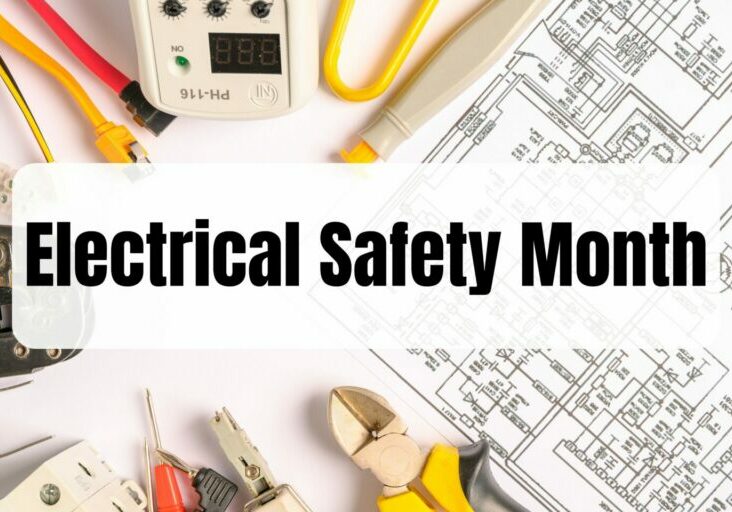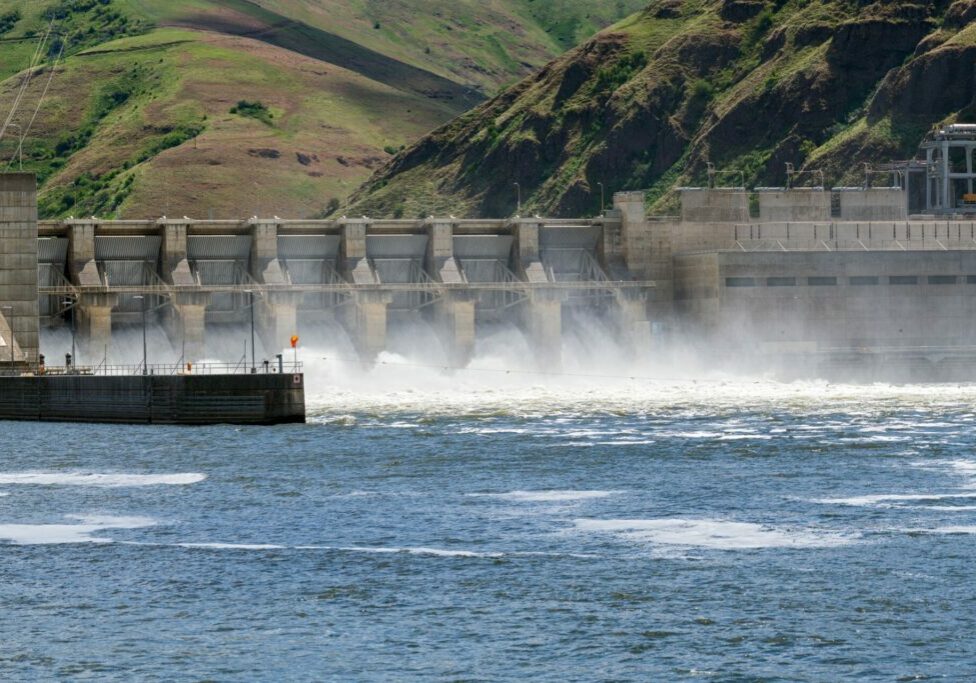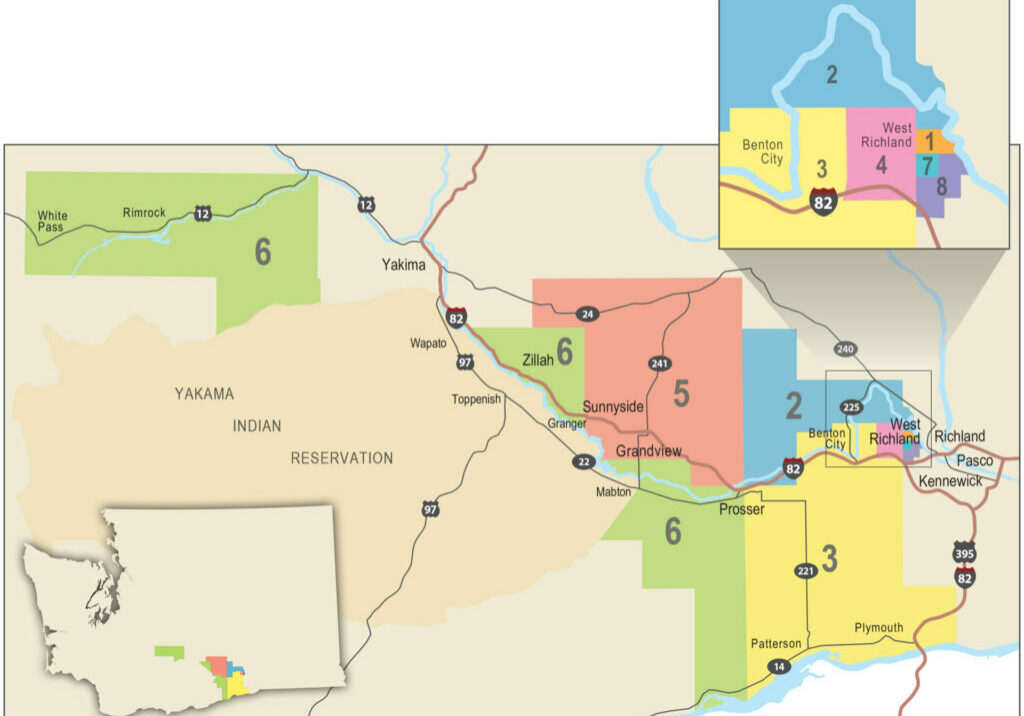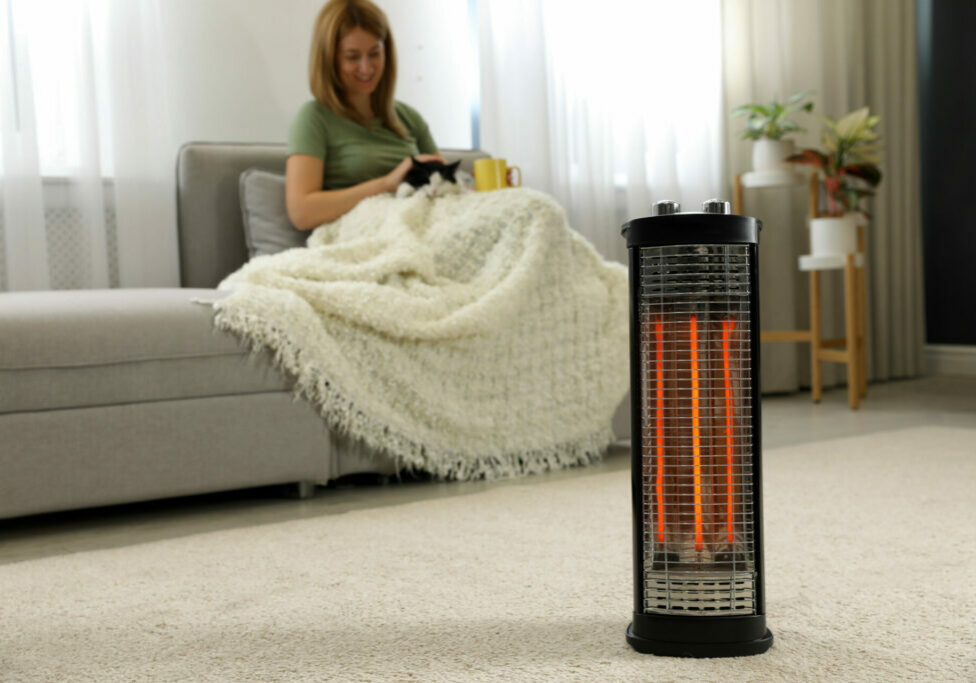Be A Fam With A Plan

January 23, 2024
It’s not pleasant to think about worst-case scenarios, but a little planning can make a big difference if the worst happens. Follow these tips to avoid feeling helpless during a disaster.
Before
Communicate:
- Talk with your family about who to call, where to go and what to do if disaster strikes.
Educate:
- Plan different strategies for different situations. Map out a fire escape route from all areas of your home, and establish a safe place to go during threatening weather.
- Make sure all family members know their full names, address and phone numbers. Agree on an out-of-town relative or friend to call if you get separated during a disaster, and have an ICE (In Case of Emergency) contact in your cell phone whom first responders can call if needed.
Prepare:
- Set up warning systems in your home—fire detectors and carbon monoxide alarms give advance notice that can save lives.
- Buy a battery-operated weather radio for advance storm warnings if the power goes out, and subscribe to your local Office of Emergency Management alerts by text or email if available.
- Keep an emergency kit handy that contains five days worth of nonperishable food and water, medical supplies, a list of phone numbers (including Benton REA and other utilities’ outage numbers), prescriptions and important documents.
- Plan for pets or any special needs of family members
- Practice your emergency plans.
During
Keep calm:
- Think clearly and follow your plan. Use the resources you prepared in case of emergencies.
Have extra battery power:
- Keep several charged power banks on hand so you can charge at least one phone. During extended outages, use the phone sparingly to reserve power.
After
Be patient:
- Wait for all danger to pass. Never reenter an evacuated area without permission to do so, and remember to use caution when you do go back into your home—you can’t always see danger, such as a ruptured gas line.
Avoid delayed danger:
- Do not approach downed wires or power lines, and watch for rising waters.
- Keep standby generators in well-ventilated areas—never run a generator indoors, even in a garage.
How to Report a Benton REA Outage
- Call 800-221-6987 or 509-786-1626.
- Log in to your SmartHub account.
- Download the SmartHub app.
Recent Posts

5 Tips to Beat the Summer Heat
June 25, 2024
Summer temperatures are here, and to put it simply, it's HOT! Although we're used to...

What You Need to Know About Furnace Filters
May 29, 2024
With so many options available, picking the right filter for your home is not easy....

May is Electrical Safety Month
May 1, 2024
Prioritize Safety Year-Round Benton REA recognizes Electrical Safety Month every May, but it is important...

Programs to Help You Pay Your Electric Bill
April 29, 2024
Benton REA has programs available to help you pay your electric bill. We understand life...

5 Ways to Help You Save on Your Summer Energy Bill
April 16, 2024
Here are 5 ways that can help you save energy, money, and increase the comfort...

Planting Trees and Bushes for Energy Efficiency
April 8, 2024
Careful planning can lead to a beautiful, safe, energy saving landscape. Spring and summer are...

Federal Hydro System Powers Region Through Arctic Blast
March 22, 2024
Federal dams were operating at levels not seen since the age of aluminum smelters in...

Seeking Candidates for Board Districts 7 and 8
March 19, 2024
Benton REA is governed by eight trustees who each represent a district of members. Trustees...

You Have the Power to Care
February 14, 2024
In September 2020, Benton REA launched the Power to Care bill assistance program. Now, the...

Benton REA Hires Andrew Gould as VP of Engineering & Operations
February 8, 2024
Benton REA is pleased to announce the hiring of Andrew W. Gould, P.E. as Benton...



